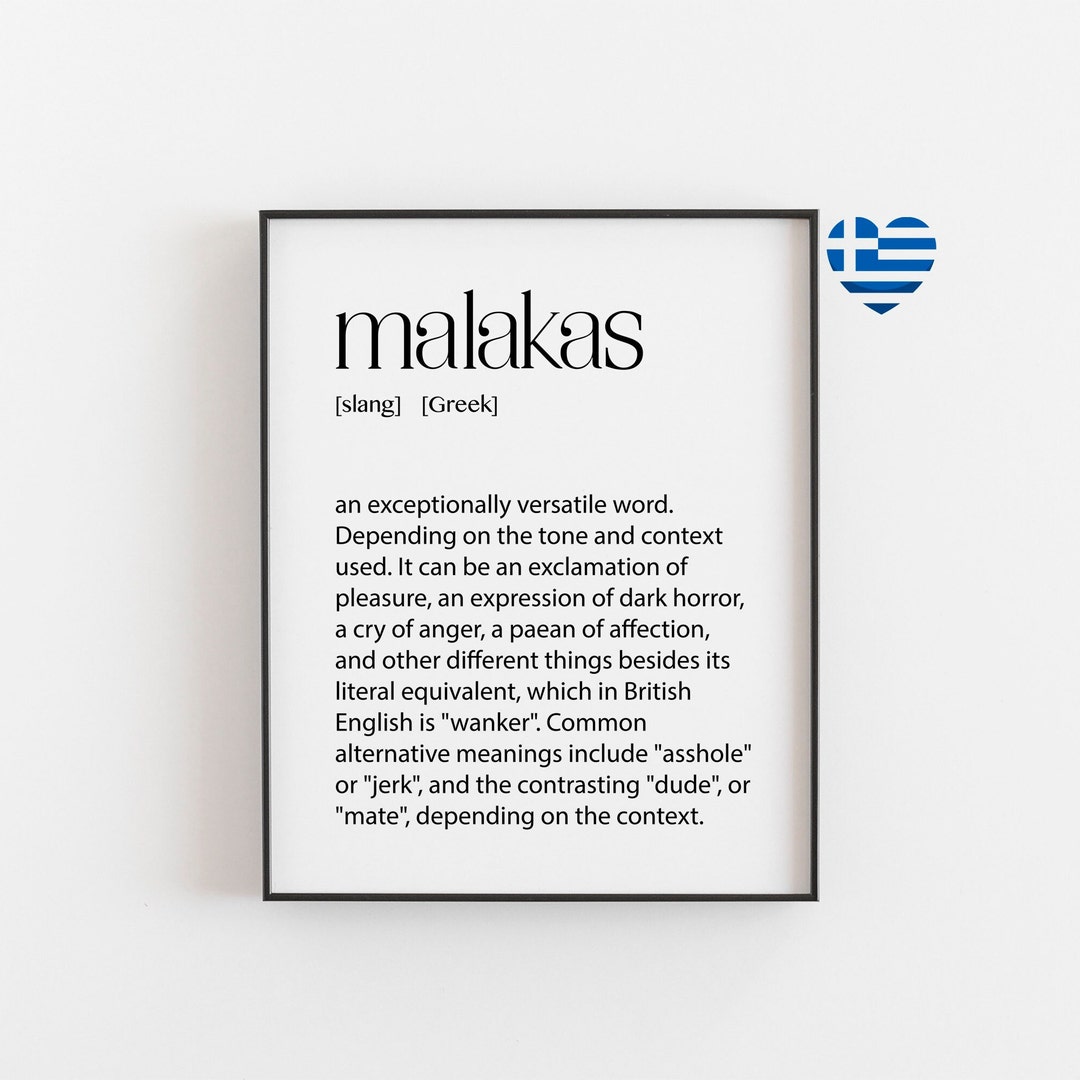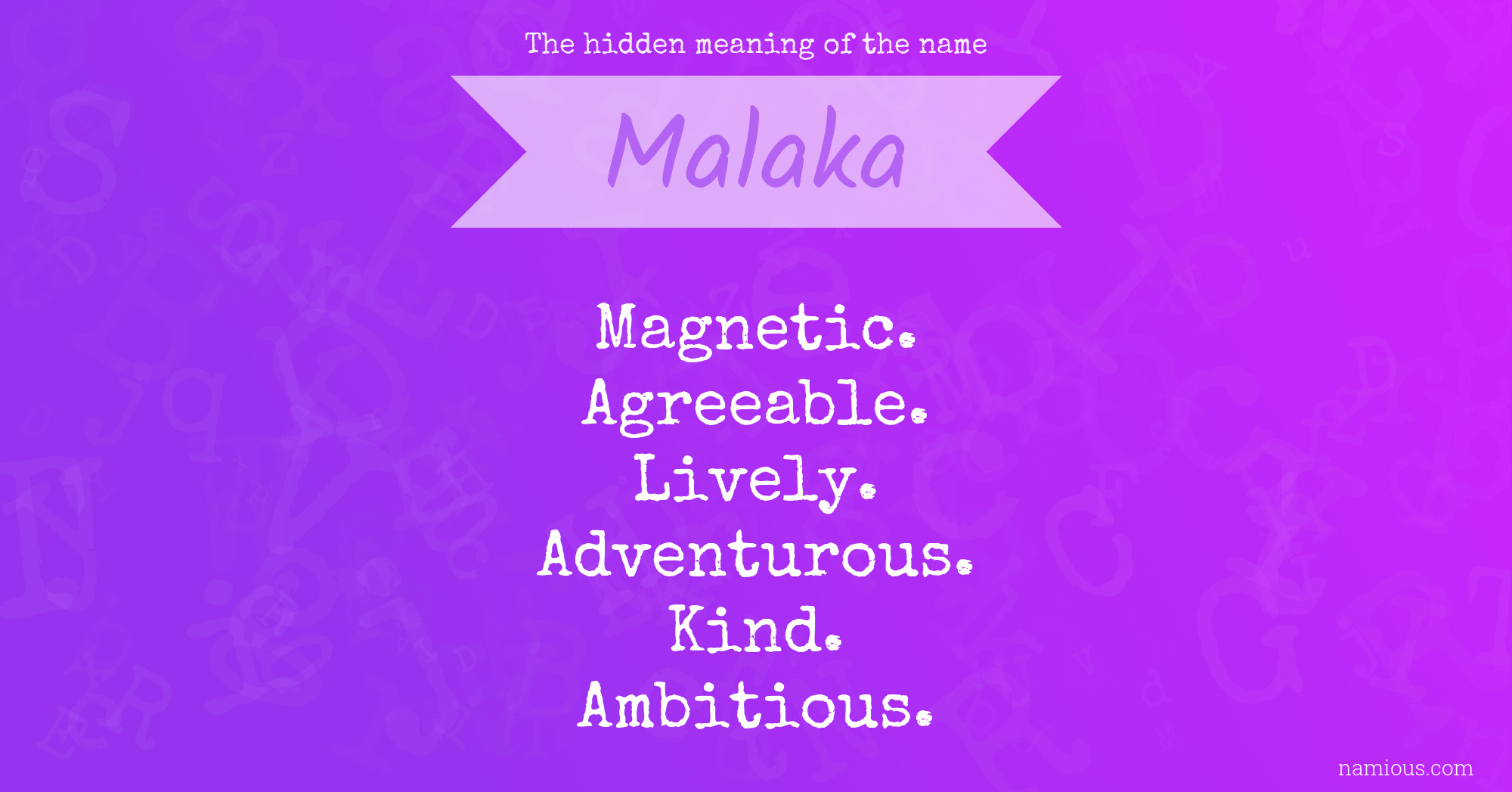Unpacking "Malaka Meaning": A Deep Dive Into Greek Slang
Ever found yourself intrigued by the vibrant tapestry of global languages, particularly those words that carry a weight far beyond their literal translation? If you've spent any time around Greek speakers, watched a Greek film, or even just browsed online forums, you've likely encountered the word "malaka." This seemingly simple term, pronounced [maˈlakas] or [maˈlaka], is far more than just a word; it's a linguistic chameleon, embodying a fascinating spectrum of meanings and cultural nuances. Understanding the true "malaka meaning" is key to unlocking a deeper appreciation of modern Greek communication.
From a seemingly profane insult to a casual term of endearment among friends, the journey of "malaka" through the Greek lexicon is a testament to the dynamic nature of language. This article will meticulously unpack the layers of its usage, explore its literal origins, differentiate between its various forms, and provide essential context for anyone wishing to navigate the rich linguistic landscape of Greece and Cyprus. Prepare to delve into one of the most famous and widely used words in the Greek language, understanding not just what it means, but how and why it's used with such surprising versatility.
Table of Contents
- The Literal Origins of "Malaka": More Than Meets the Ear
- "Malakas" vs. "Malaka": Navigating Grammatical Nuances and Pronunciation
- The Spectrum of "Malaka Meaning": From Profanity to Familiarity
- Decoding "Rai Malaka": Unpacking a Specific Phrase
- Cultural Context and Widespread Usage: Greece and Cyprus
- A Crucial Tourist Advisory: When NOT to Use "Malaka"
- The Linguistic Flexibility of "Malaka": A Word with Many Hats
- Mastering Nuance: The Art of Understanding "Malaka"
The Literal Origins of "Malaka": More Than Meets the Ear
At its very core, the "malaka meaning" stems from a surprisingly direct and rather vulgar literal translation. The Greek word, specifically Μαλάκας [maˈlakas], literally translates to "man who masturbates." This origin immediately flags it as a profane term, akin to English words like "wanker" or "tosser." It’s a colloquial and distinctly vulgar descriptor for someone perceived as foolish, incompetent, or contemptible, often implying a lack of intelligence, self-control, or general worthlessness. Understanding this foundational meaning is crucial, as it underpins all subsequent uses, even when the word takes on a more benign or familiar tone. The inherent power of the word, even in its friendly iterations, is derived from this original, stark vulgarity.
This literal root is not just a historical footnote; it’s the source of its impact and emotional weight. When someone calls another person "malaka" in an aggressive or derogatory context, they are essentially stripping them of respect, reducing them to a base, self-indulgent individual. It’s a direct and potent insult that resonates deeply within Greek culture, making it one of the most famous and widely recognized profanities. Even when used playfully, the shadow of this literal meaning always lingers, contributing to the word's unique flavor and remarkable versatility in communication. It's this raw, unfiltered origin that gives "malaka" its distinctive punch, whether delivered as a jab or a playful nudge.
It's important to note that while some sources might suggest other, softer English translations for words that sound similar (e.g., "gently" or "blandly"), these typically refer to entirely different Greek words, such as "μαλακά" (malaká), an adverb meaning "softly" or "gently." Our focus here remains squarely on the profane slang term Μαλάκας (malakas) and its derived forms, which unequivocally carry the meaning of "wanker" or "tosser" in their literal sense. This distinction is vital to avoid misinterpretations and fully grasp the true "malaka meaning" within the context of common Greek slang.
"Malakas" vs. "Malaka": Navigating Grammatical Nuances and Pronunciation
One of the most common points of confusion for non-native speakers, and even some learners, revolves around the seemingly subtle difference between "malakas" and "malaka." While both forms are undeniably linked to the same core "malaka meaning," their usage often depends on grammatical context, specifically the case of the noun, and the way one addresses another person. Overhearing conversations, you might notice both forms used interchangeably or distinctly, leading to questions about their proper pronunciation and application. This slight variation can completely alter the nuance of what is being communicated.
The "S" Factor: Singular Nominative vs. Vocative
The distinction primarily lies in Greek grammar, particularly concerning noun cases. Μαλάκας (malakas), with the "s" at the end, is typically the nominative singular form. This is the standard dictionary entry, the form you'd find if you looked up the word. It's used when the word is the subject of a sentence or a direct object, for instance, "He is a malakas" (Αυτός είναι ένας μαλάκας). In this context, it refers to "a wanker" or "a masturbator" as a descriptor of someone.
On the other hand, Μαλάκα (malaka), without the "s," is the vocative singular form. The vocative case in Greek is specifically used when directly addressing someone. So, when you call out to someone, perhaps with a "Hey, malaka!" (Έι, μαλάκα!) or "Come here, malaka!" (Έλα εδώ, μαλάκα!), you are employing the vocative form. This is why you frequently hear it pronounced without the "s" in direct address, especially in casual, rapid-fire conversation. The "s" is dropped not just for ease of pronunciation but also to signal that you are speaking directly to the person. This grammatical subtlety is crucial for understanding the flow of Greek dialogue and the intended "malaka meaning" in real-time interactions, indicating whether the word is describing someone or being used to directly address them.
Beyond "Malaka": Addressing the "Malakia" Confusion
Another related term that often causes confusion is "malakia" (μαλακία). While "malaka" (or "malakas") refers to a person, "malakia" is a distinct noun form referring to the act or the state of being foolish, or more literally, masturbation itself. Its broader usage often translates to "nonsense," "bullshit," "a stupid thing," or "a mess." For instance, if a situation goes awry or something utterly absurd happens, a Greek speaker might exclaim "Τι μαλακία!" (Ti malakia!), meaning "What a stupid thing!" or "What bullshit!" It can describe a blunder

what does malaka mean - Captions Time

Discover the Meaning of Malakas Unique Greek Art Print. Add Some Greek

The hidden meaning of the name Malaka | Namious